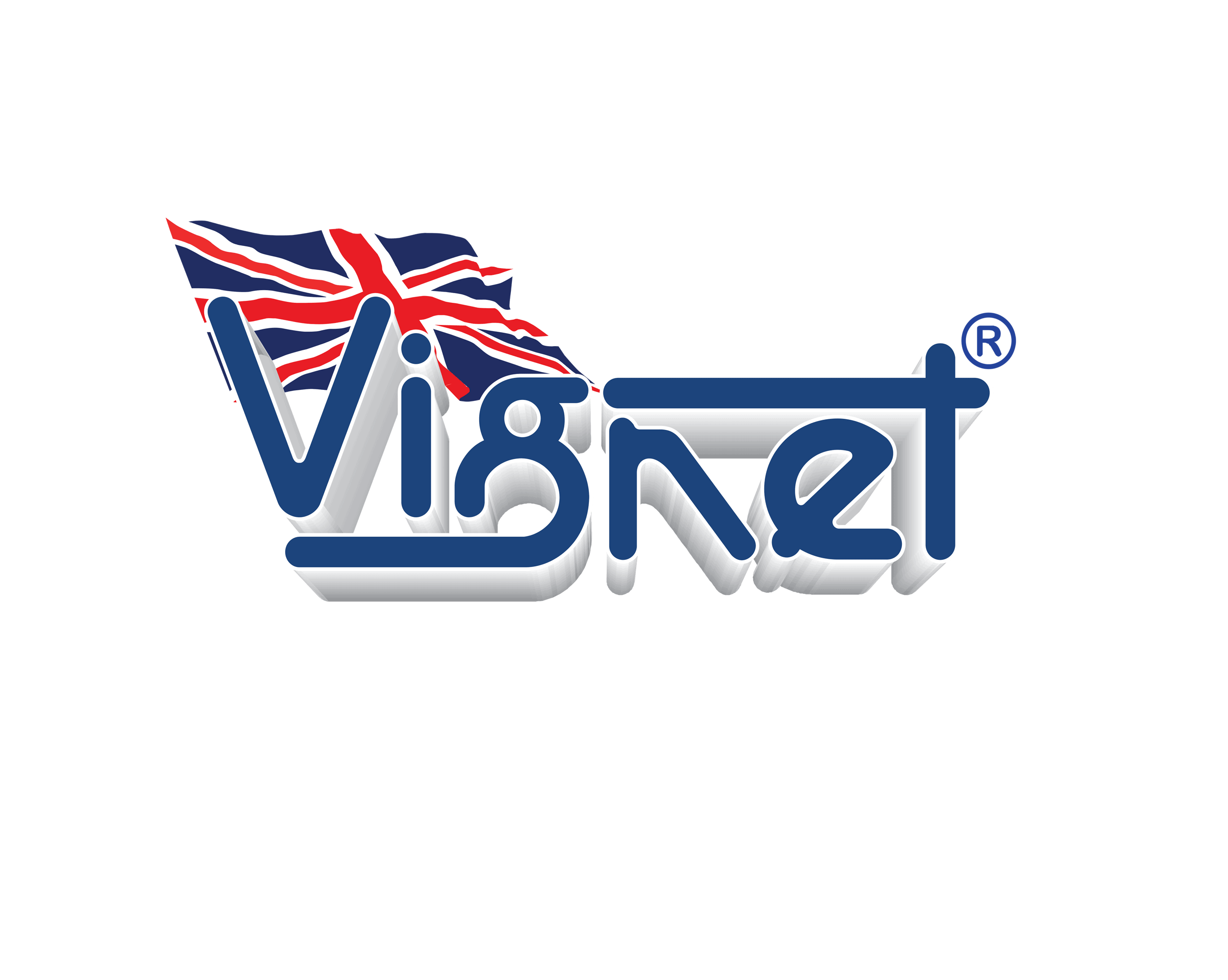Introduction:
Medicine addiction is a complex and severe issue that affects people, households, and communities globally. It really is a chronic, relapsing brain condition described as compulsive medicine searching for and use despite harmful effects. This report is designed to offer a short history of drug addiction, its reasons, consequences, and prospective solutions.
Factors that cause Drug Addiction:
There are many factors that donate to medicine addiction. The initiation and power of drug usage are impacted by hereditary, environmental, and mental aspects. A lot of people may have an increased vulnerability in order to become hooked considering hereditary predispositions. Environmental factors, particularly peer stress or contact with medicine accessibility, may also play a substantial role. Furthermore, mental health conditions, childhood injury, and stress can increase the possibilities of developing an addiction.
Effects of Drug Addiction:
Medication addiction has actually damaging effects not just the people suffering from it also for their own families and communities. It causes real and mental damage, including organ harm, reduced intellectual function, and increased risk of mental health conditions. Long-term substance abuse can severely effect a person’s individual connections, employment opportunities, and total total well being. Furthermore, drug rehab chiang mai addiction puts a significant burden on health systems and contributes to criminal activities and social uncertainty.
Worldwide Effect:
Medication addiction is an international crisis impacting countries around the world. According to the un Office on Drugs and Crime (UNODC), more or less 269 million individuals worldwide made use of drugs at least one time in 2018. Additionally, approximately 35 million individuals experience medicine usage conditions, with opioid addiction becoming an important issue. The commercial prices of medication addiction tend to be staggering, including health expenses, lost productivity, and unlawful justice expenditures.
Prevention and Treatment:
Prevention techniques are necessary to tackling medication addiction. Education and understanding programs that focus on the dangers of medication usage will deter individuals, specifically teenagers, from trying out medications. Additionally, guidelines that restrict drug supply and control prescription methods can play an important role in stopping drug use.
With regards to therapy, an extensive method that features medical, psychological, and personal treatments is vital. Detoxification, counseling, and behavioral treatments are generally used treatments. Medication-assisted therapy (MAT) may also be effective, specifically for opioid addiction. However, access to these treatments stays limited in a lot of areas, making it required to deal with obstacles to process availability and affordability.
Conclusion:
Drug addiction is a complex societal problem that poses significant difficulties internationally. Its causes tend to be multifaceted, including genetic, ecological, and psychological facets. The effects of addiction are harmful to people, families, and communities, affecting actual and mental health, interactions, and socio-economic security. Protection efforts, in conjunction with extensive therapy techniques, are essential for dealing with this crisis effectively. To fight medicine addiction, a collaborative work between governments, healthcare providers, communities, and folks is required to raise awareness, offer help, and enhance access to therapy resources. Only through concerted efforts can develop to ease the responsibility of medicine addiction and pave the way for a more healthy and better future.
